Tunnel dreams
25 November 2015IT'S A HOT Sunday evening in late June. I've got an assignment overdue for work; lectures starting early the following morning, and instead of thinking about either I'm heading to the Warwick University Campus Bar. It's good to be back in further education.
I had joined some 90 attendees for the British Tunnelling Society's Tunnel Design and Construction Course, which takes place over a five-day stretch each summer.
Attendees ranged from engineering students curious about underground construction, to young tunnel engineers looking to improve their knowledge of tunnelling concepts, to industry veterans interested in areas outside their particular expertise.
For the most part though, the attendees were young. And among the students, the same reason for attending kept coming up: "I'm desperate for a job in tunnelling". Believe them. The BTS offers sponsorship for up to five university students, which is obtainable by writing a 500-word essay on 'what do you hope to gain from the BTS Design and Construction Course', but others have to pay course fees of the order of GBP 1,400. A definite financial commitment for a student.
A number of students approached me to ask about likely employment prospects; which companies are active, which companies are hiring, who to speak to, and so on. Perhaps companies and recruiters are missing an opportunity here. The course was excellent (see pp.48-49), and met its aim of "providing a comprehensive introduction to all aspects of tunnelling". It is also clearly popular; the lecture hall would be getting crowded with too many more people attending. But perhaps the wider industry could benefit from a careers segment, or a system by which students completing the course could submit their CVs to BTS Corporate Members, or other interested companies, for consideration.
One of the first activities of the Greek Tunnelling Society Young Members when it formed last year was to append a Career Day on to the Eastern European Tunnelling Conference. The main objective was to bring together tunnelling engineers with companies from Greece and the rest of Europe.
The two-part event began with presentations, first from the companies setting out their work and development plans, then a talk by the ITA Young Members Group on the growing role of young engineers in the ITA. The second part of the event was a networking session between companies and attendees.
Companies involved included: Hill International; Dr. Sauer and Partners; Systra; Geos Ingenieurs Conseils; Geodata; Vinci Construction; Omikron Kappa Consulting; Lombardi; and Pini Swiss Engineers. And speaking a couple of months after the event, a Greek Tunnelling Society member confided that out of the 80 Career Day attendees (it is not know how many applied for jobs), at least 10 were invited to second stage interviews.
This, or a similar approach, might be beneficial in making the course not only a way of passing on knowledge, but also an effective tool to bring fresh labour into the industry.
I promised the students that I would pass on the message
